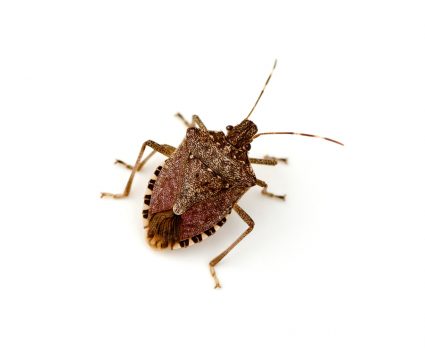
Dogs, with their keen sense of smell, have certain preferences and dislikes when it comes to the scents of various herbs. Some of these herbs can be used as natural deterrents to keep dogs away from certain areas, while others can be potentially harmful if ingested. In this comprehensive guide, we explore the herbs that dogs generally dislike and how pet owners can use this knowledge to their advantage.
Dogs generally dislike herbs with strong and pungent smells such as marigolds, lavender, rosemary, rue, curry plant, lemongrass, and pepper plants. These herbs contain volatile aromatic oils that can be irritating or repulsive to dogs. However, not all dogs will react the same way to these herbs, as they have individual preferences and sensitivities. Always ensure the herbs used are safe and non-toxic for dogs.
Herbs Dogs Generally Dislike
Dogs are generally known to dislike herbs with strong and pungent smells. These include:
- Marigolds or Calendula
- Lavender
- Rosemary
- Rue
- Curry plant
- Lemongrass
- Pepper plants
These herbs contain volatile aromatic oils that contribute to their strong scents, which can be irritating or repulsive to dogs.
The Science Behind Dogs’ Dislike for Certain Herbs
While there is limited scientific research specifically on dogs disliking certain herbs, some studies and articles suggest that dogs may have preferences or aversions to certain scents. For example, a study on canine smell preferences found that dogs were more likely to interact with the scents of blueberry, blackberry, mint, rose, lavender, and linalol. However, it is important to note that this study did not focus on dogs’ aversion to herbs specifically.
Toxic Herbs for Dogs
Several herbs can be toxic to dogs if ingested, causing harmful reactions and making them ill. Some of the herbs that are toxic to dogs include chives, onions, salt, lavender, oregano, garlic, eucalyptus, and hops. Other herbs that can be harmful to dogs are aloe, asparagus fern, parsley, marjoram, mint, Spanish thyme, chamomile, and rhubarb leaves.
Using Herbs to Deter Dogs Safely
There are several ways to use herbs and plants to deter dogs from specific areas or behaviors. From growing certain plants in the garden to using vinegar-soaked cotton balls, there are numerous methods to keep dogs out of certain areas. However, it’s essential to ensure that the plants you use are not toxic to dogs or children.
Exceptions to the Rule
While most dogs dislike the smell of fresh herbs like rosemary, mint, and basil, it is important to note that not all dogs will have the same reaction to these scents. Dogs have individual preferences and sensitivities, so it is possible that some dogs may not be bothered by the smell of certain herbs.
Alternatives to Disliked Herbs
There are several herbs and spices that dogs might enjoy and can be beneficial for their health. Some of these alternatives include anise (anise seeds, not star anise), aloe vera, basil, oregano, chamomile, ginger, turmeric, dill, rosemary, and parsley.
Remember, not all herbs that are safe for humans are safe for dogs. Always consult your veterinarian and do thorough research before using herbs around your pets.
In conclusion, while dogs generally dislike certain herbs due to their strong and pungent smells, there are exceptions, and individual dogs may have different preferences. Always consult with a professional before introducing new herbs into your dog’s environment or diet, and keep potentially harmful herbs out of reach.
Frequently Asked Questions
Can I use these herbs as a natural flea deterrent for my dog?
Some of these herbs, like Rosemary and Lemongrass, are known to deter fleas. However, they should be used in moderation and with caution, as excessive amounts can be harmful to dogs. Always consult with your vet before using any new substances on your dog.
Why does my dog dislike the smell of these herbs?
Dogs have a much stronger sense of smell than humans, and some smells can be overwhelming or unpleasant to them. The strong, pungent smells of certain herbs can be irritating or repulsive to dogs, which is why they generally dislike them.
Can I feed my dog these herbs?
Some herbs, like parsley and basil, are safe for dogs to eat in moderation. However, many others can be toxic to dogs and should never be fed to them. Always consult with your vet before introducing new foods into your dog’s diet.
Are there any safe and natural ways to make my dog like these herbs?
It’s important to remember that each dog is unique, and what one dog likes, another may dislike. If you want your dog to get used to a certain herb, try introducing it slowly and in small amounts, and always monitor their reaction. However, never force your dog to consume or interact with an herb they clearly dislike.
Can these herbs harm my dog if they eat them?
Yes, some herbs can be toxic to dogs if ingested. Always keep potentially harmful herbs out of reach and consult with a vet before introducing any new herbs into your dog’s environment or diet.










